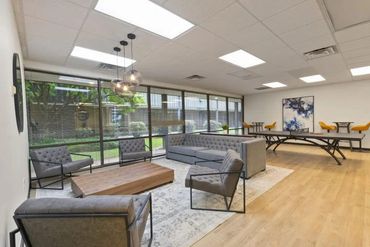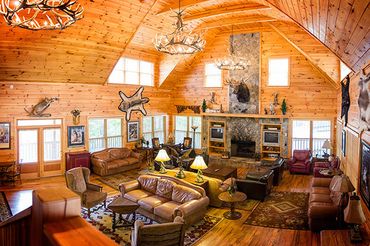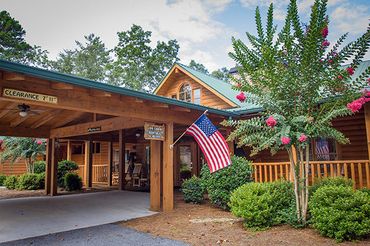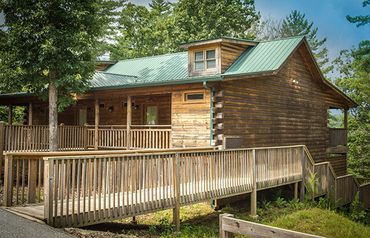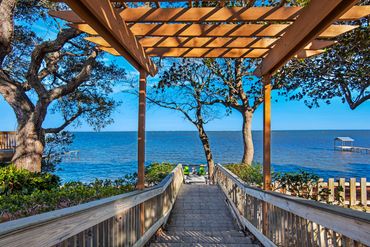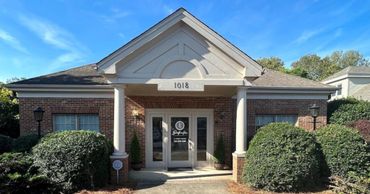
Outpatient Drug & Alcohol Rehabs in Georgia
If you are struggling with drug or alcohol addiction, getting support is a brave step toward making a change in your life. Top addiction treatment centers in Georgia offer evidence-based rehab programs to help you begin the recovery journey in safe, supportive environments.
There are alcohol and drug rehab centers throughout the state of Georgia, which include both inpatient and outpatient facilities and detox centers. There is a variety of types of treatment programs to choose from. If you are looking for alcohol or drug addiction treatment near you, the reviews below will help you understand more about what to expect so you can make the right decision for your future.
Addiction treatment centers in Georgia
Open to Travel? Check out Top-Rated Options
All Addiction treatment centers in Georgia
Are You Covered For Treatment?
- Atlanta Rehabs
- Marietta Rehabs
- Savannah Rehabs
- Decatur Rehabs
- Augusta Rehabs
- Lawrenceville Rehabs
- Statesboro Rehabs
- Athens Rehabs
- Macon Rehabs
- Cumming Rehabs
Rehab Insurance Coverage in Georgia
Rehab Centers in Georgia
Information About Rehab in Georgia
Latest Reviews
Latest Reviews of Rehabs in Georgia
Willingway
Excellent week long in house family program involving individual and group counseling
Bethesda Recovery
My time at there was life changing. I only wish I could have stayed longer.
Treatment Center of Waycross
Treatment & stabilty of recovery Less contact with famil in the beginning Great, quick service. Great overview and outlook on rehab for the future
Drug Addiction in Georgia
Though some surveys point to substance use rates below or equal to national averages, Georgia has begun to be affected by the opioid crisis gripping the rest of the country. It has taken some steps to address the crisis, but it has yet to see significant declines in overdose rates.
Opioids, primarily prescription pain relievers and heroin, are the main cause of drug overdose deaths in Georgia. Overdose deaths tripled between 1999 and 2013.1 Georgia has a prescription drug monitoring program that tracks the writing and filing of controlled substance prescriptions. However, doctors are not required by law to check if a patient has already been prescribed painkillers before writing a prescription.2
A law passed in 2013 provided greater oversight and stricter regulation of pain clinics. However, this law appears to have had little effect on overdoses in the state so far.2
Georgia has 270 outpatient, 76 residential, and 22 hospital inpatient substance abuse treatment facilities. 55 facilities have opioid treatment programs. About 87% of facilities accept cash, about half accept private health insurance, 31% accept Medicare, 54% accept Medicaid and 51% offer a sliding scale fee.4
Addiction by the Numbers
- In 2013-2014, Georgia adolescents aged 12-17 were below the national average for past-month illicit drug use, past-month cigarette use, and binge alcohol use. Overall, these rates appear to have gone down since 2010-2011, though binge alcohol use has been relatively stable. Nonmedical use of pain relievers has been above the national average since 2010-2011.3
- In 2013-2014, Georgians aged 12 or older were below the national average for past-year alcohol dependence or abuse, though this rate has gone up since 2010-2011. They were above the national average for past-year illicit drug dependence or abuse, but below the average for past-month heavy alcohol use.3
- Of the 1,307 drug overdose deaths in 2015 in Georgia, 900 or 68% were due to opioid overdoses.1
- Hospitalizations related to opioid use and misuse in Georgia have risen from around 302,000 in 2002 to about 520,000 in 2012.1
How Much Does Rehab Cost?
Every treatment program in Georgia will vary in price. The cost of rehab will be influenced by a number of factors such as location, whether it is a luxury or standard rehab facility, the length of your program and the types of wellness services it offers such as massage, acupuncture and yoga. If you know that you will be better able to concentrate on your treatment if you are in a private room or at a facility that offers access to a gym, it’s important that you find a center with these services.
Most programs in Georgia allow you to negotiate on price and offer sliding scale fees. In addition, there are programs across the state that accept Medicaid, Medicare, private health insurance and out-of-pocket payments.
Treatment Options
Once you find a program, you can expect to start with a period of detoxification (depending on your drug of choice and severity of your addiction) followed by inpatient or outpatient treatment. Since there are many components to addiction, it is not enough to treat addiction by simply stopping the drug.
Whether you are in intensive outpatient, short or long-term residential inpatient, or hospital inpatient program, you will work with therapists and counselors to address the psychological aspects of your drug use. During your treatment, you may have the option to attend Alcoholics Anonymous (AA) meetings or other 12-Step group meetings where you will meet other people in recovery to share stories and offer one another feedback and support.
Local Resources for Recovering Addicts
- Narcotics Anonymous: Links to meetings in different regions of the state.
- Alcoholics Anonymous: Find a meeting in Georgia.
- Georgia Crisis and Access Line: A 24/7 hotline with free and confidential support for people with an addiction or mental health crisis.
- National Alliance of Mental Illness, Northside Atlanta: A comprehensive list of resources for people in the Atlanta area and across the state, including mental health and recovery programs, Medicaid information, and housing, employment, and legal services.
- United Way of Metro Atlanta 2-1-1: Information and referrals to services such as employment assistance, mental health and addiction treatment, legal services, and housing.
- Georgia Medicaid: Information on Medicaid, a federal-state health care program for low-income individuals and families that can be used to cover mental health or substance abuse treatment.
There are also free alcohol abuse and drug addiction hotline numbers you can call.
Insurance Providers
Learn more about some addiction treatment insurance providers:
Helpful Addiction-Related Resources
Sources
- Substance Abuse Research Alliance (SARA). (2017). Prescription Opioids and Heroin Epidemic in Georgia.
- Soderstrom, A. (2016). Time for Georgia to Admit It Has a Drug Problem. Georgia Political Review.
- Substance Abuse and Mental Health Services Administration. (2014). Behavioral Health Barometer: Georgia, 2015.
- Substance Abuse and Mental Health Services Administration (SAMHSA). (2015). National Survey of Substance Abuse Treatment Services (N-SSATS): 2015 State Profile – Georgia.


